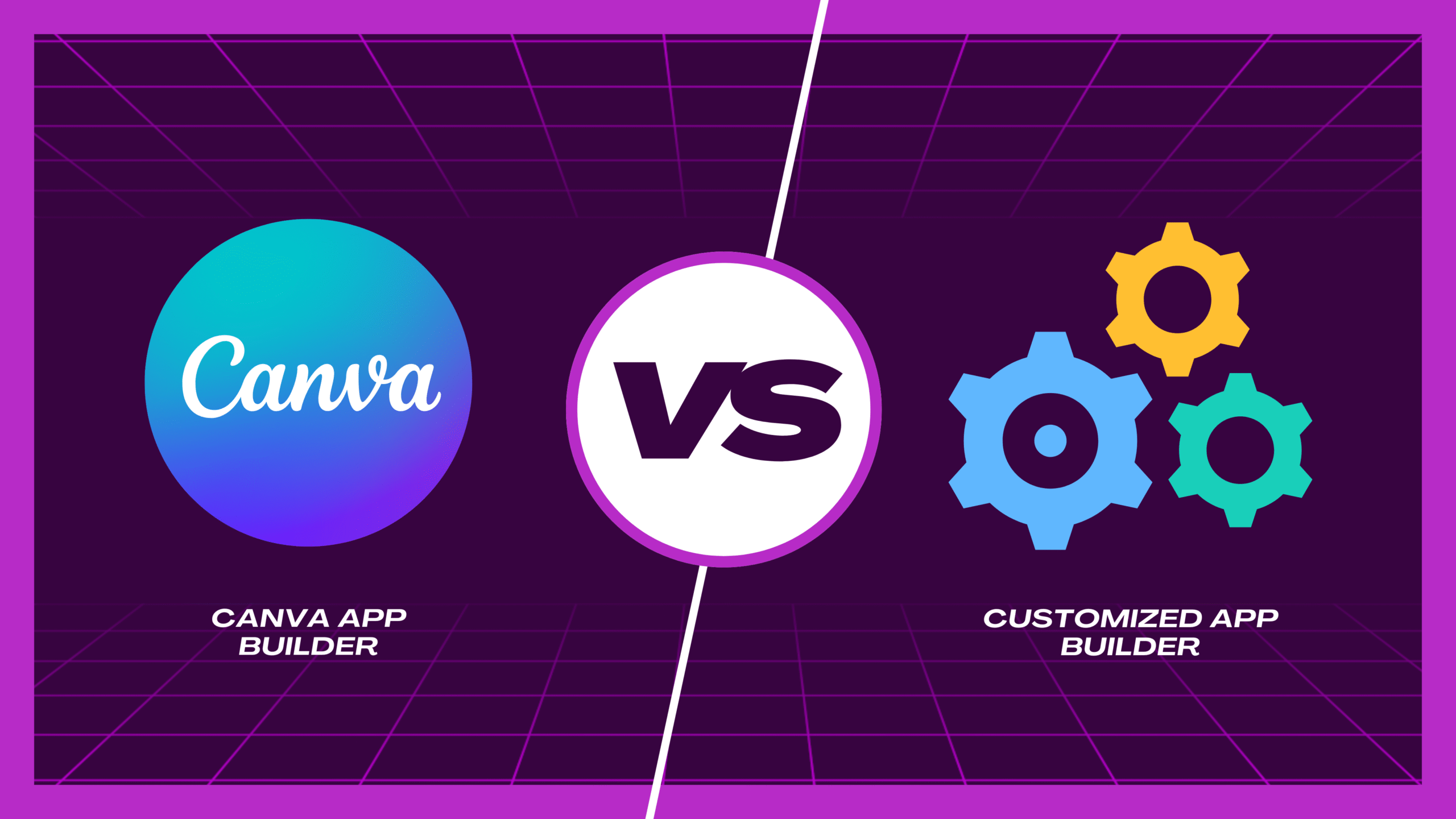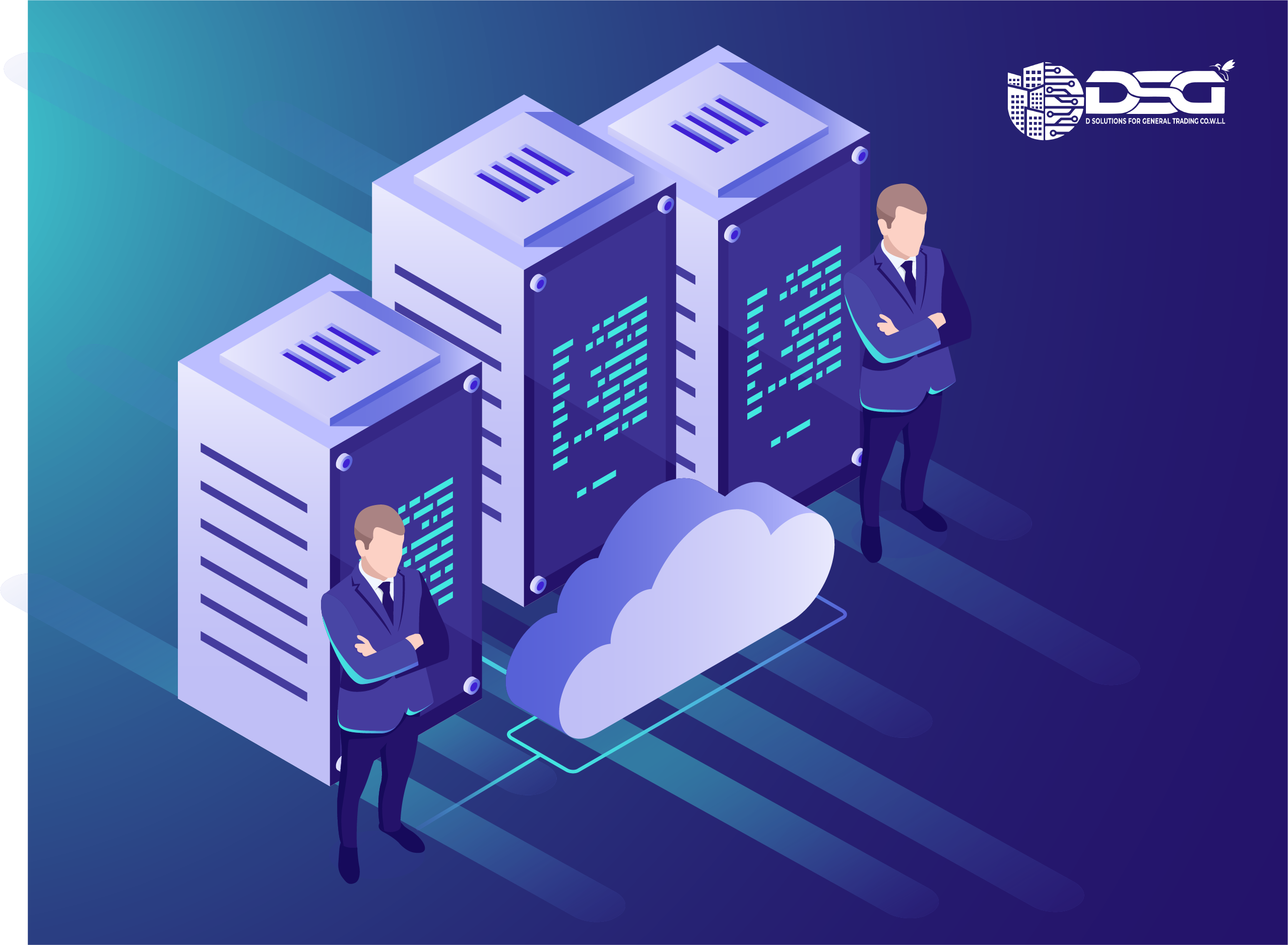How IT Solutions Propel Companies Forward
In the contemporary business landscape, Information Technology (IT) solutions have emerged as vital cogs in the machinery of any successful enterprise. The integration of advanced IT systems and services can transform how a company operates, making processes more efficient, secure, and scalable. This article delves into the multifaceted benefits of IT solutions and how they ultimately become the backbone of a business.
Enhancing Operational Efficiency
One of the primary advantages of implementing IT solutions is the significant boost in operational efficiency. Automation tools streamline routine tasks, reducing the time and manpower required. Traditional methods of accounting, for example, often involve manual data entry and reconciliation, which are not only time-consuming but also prone to errors. IT solutions like accounting software automate these processes, ensuring accuracy and freeing up valuable time for employees. Similarly, traditional clocking in and out methods require manual oversight and record-keeping, making them labor-intensive and inefficient. Modern time-tracking systems automate this process, allowing for seamless and accurate tracking of work hours.
Improving Communication and Collaboration
Effective communication and collaboration are essential for any business. IT solutions such as cloud computing and collaboration software (e.g., Slack, Microsoft Teams) enable seamless communication among team members, regardless of their geographic location. This not only fosters a collaborative work environment but also enhances the speed and quality of decision-making.
Strengthening Data Management and Security
Data is often referred to as the new oil, and managing this valuable asset efficiently is crucial for any business. IT solutions offer robust data management systems that ensure data integrity, availability, and security. Advanced cybersecurity measures protect sensitive information from breaches and cyber-attacks, thereby safeguarding a company’s reputation and financial stability.
Enabling Scalability and Flexibility
As businesses grow, their operational needs evolve. IT solutions provide the scalability and flexibility required to adapt to these changes seamlessly. Cloud services, for example, allow businesses to scale their IT resources up or down based on demand, ensuring cost-effectiveness and operational agility. This flexibility is particularly beneficial for startups and small businesses that need to manage resources judiciously.
Enhancing Customer Experience
Customer experience is a critical determinant of business success. IT solutions enable companies to offer personalized experiences through Customer Relationship Management (CRM) systems. These systems collect and analyze customer data, providing insights that help tailor services and products to meet customer needs effectively. Additionally, IT solutions facilitate efficient customer support through chatbots and automated helpdesks, ensuring prompt resolution of customer issues.
Facilitating Data-Driven Decision Making
In today’s data-driven world, making informed decisions is imperative for business success. IT solutions provide powerful analytics tools that help businesses gather, process, and analyze vast amounts of data. These insights enable managers to make data-driven decisions, identify market trends, and uncover new business opportunities. Business Intelligence (BI) platforms, for instance, offer visual dashboards that make data interpretation straightforward and actionable.
Reducing Costs
While the initial investment in IT solutions can be substantial, the long-term cost savings are significant. Automation reduces labor costs, while cloud computing eliminates the need for expensive on-premises hardware. Additionally, predictive maintenance enabled by IT solutions can prevent costly downtime by identifying potential issues before they escalate.
Conclusion
In conclusion, IT solutions are no longer optional but essential for the modern business landscape. They enhance operational efficiency, improve communication, strengthen data management, enable scalability, enhance customer experience, facilitate data-driven decision-making, and reduce costs. Traditional ways of accounting and clocking in and out are effort-intensive and prone to errors, but IT solutions automate these processes, ensuring accuracy and efficiency. As businesses continue to navigate the complexities of the digital age, IT solutions will undoubtedly remain the backbone that supports and propels them forward







